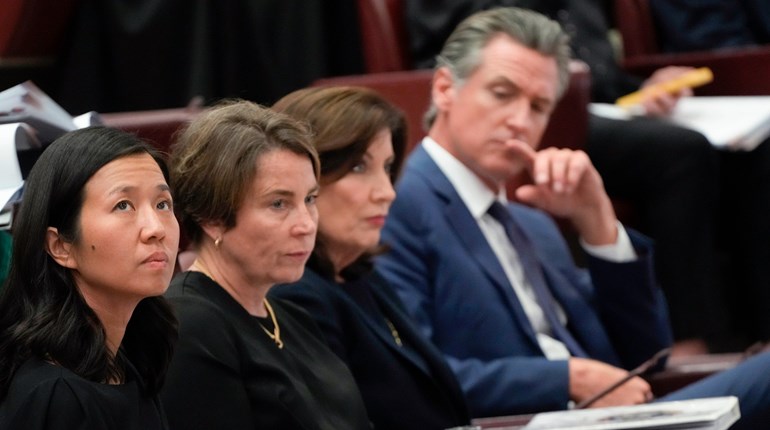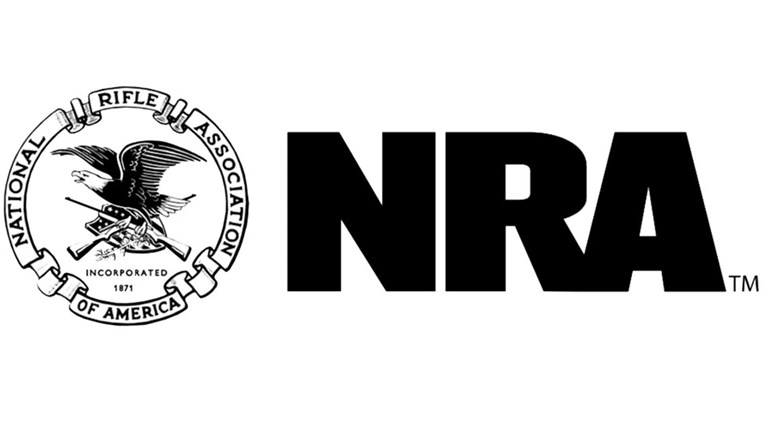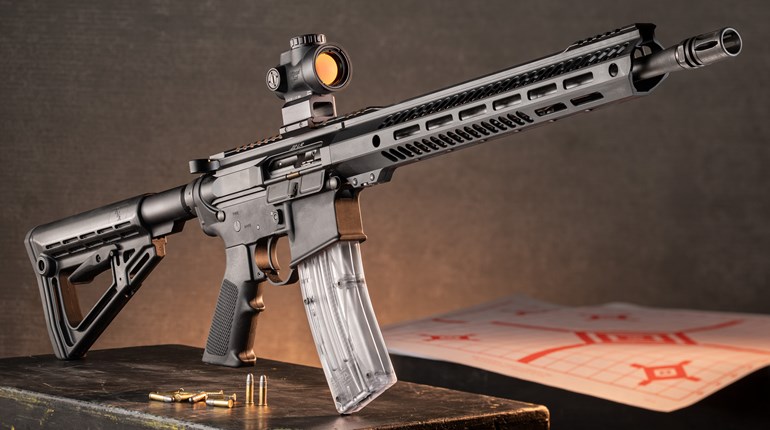
NRA Files Brief in Potential Landmark Supreme Court Case
On July 15, NRA-ILA filed the opening brief in a Supreme Court case challenging New York’s restrictive concealed-carry-licensing regime. The case provides the Supreme Court with the opportunity to finally affirm what most states—and common sense—tell us: The Second Amendment protects a fundamental, individual right to bear arms for self-defense outside of the home.
For too long, New York has rationed the right to keep and bear arms to a select, chosen few within favored classes. But the Second Amendment guarantees the “right of the people to keep and bear arms,” not the right of a privileged few.
Despite skyrocketing crime within the Empire State, New York shamefully presumes the people’s unworthiness to defend their own lives and liberty where danger most often exists: outside the home. Those who dare to exercise their Second Amendment rights without first obtaining New York’s blessing are automatically deemed felons. No other component of the Bill of Rights is treated this way … yet. Thus, the importance of this case and NRA-ILA’s opening brief.
As indicated in the brief, NRA-ILA wholeheartedly agrees with the Justices who “find it extremely improbable that the Framers understood the Second Amendment to protect little more than carrying a gun from the bedroom to the kitchen.”
The case is captioned New York State Rifle & Pistol Association, Inc. v. Bruen.
Ninth Circuit Hears Oral Arguments on California Magazine Ban
On June 22, an 11-judge en-banc panel of the Ninth Circuit Court of Appeals heard oral arguments in Duncan v. Bonta, the NRA-backed challenge to California’s ban on magazines capable of holding more than 10 rounds of ammo.
One of the highlights was an exchange between judge Lawrence VanDyke and the attorney representing California. California argued that banning “large capacity magazines” was necessary to reduce gun crimes where more than 10 rounds of ammo were used. Those crimes are relatively rare. But, at the same time, California argued that the ban is trivial because law-abiding citizens rarely use 10 rounds of ammo in self-defense situations. In other words, California argued that rarely occurring events justified its authority to ban the magazines, but the ban was trivial because law-abiding citizens rarely need 10 rounds of ammo to defend themselves. Judge VanDyke then accused California’s counsel of making a “heads we win, tails you lose” argument by “using rarity in two different ways.”
Another highlight was when the plaintiffs’ attorney rattled off facts about the historical prevalence of “large capacity magazines.” She noted that the Winchester Model 1866 rifle had a 17-round capacity. It was a very common rifle on the market the same year that the Fourteenth Amendment was ratified, thereby incorporating the Second Amendment against the states. The fact that the Winchester 1866 and other firearms that held more than 10 rounds of ammunition were so prevalent at the time serves as a strong indication that those arms are protected by the Second Amendment.
NRA Appeals Ruling in Florida Age- Restriction Case
On July 7, NRA-ILA appealed a federal judge’s ruling that begrudgingly upheld the state’s ban on transferring firearms to young adults between the ages of 18 to 20. The NRA is pursuing the appeal to the United States Court of Appeals for the Eleventh Circuit to protect the constitutionally guaranteed rights of all law-abiding adults.
There is no question that 18- to 20-year-olds are adults in the eyes of the law and the Constitution. To deny those younger adults their rights because of the actions of criminals is nothing less than political discrimination, and it is inconsistent with the Heller decision made by the U.S. Supreme Court. The district judge agreed this was unfair but ruled that his hands were tied by Eleventh Circuit precedent.
The judge explained he had to rule the way that he did, but expressed dismay at the unfortunate balance that this decision will create. Under the existing Florida law, 18- to 20-year-olds can legally acquire a firearm with the assistance of parents or other relatives. This creates a situation where individuals who do not have family members to assist them are unable to exercise their Second Amendment rights at all. The judge highlighted this disparity by asking, “why should the 20-year-old single mother living on her own be unable to obtain a firearm for self-defense when a 20-year-old living with their parents can easily obtain one?”
The judge also questioned the “Second Amendment framework that finds certain persons or activities either protected or entirely unprotected,” and stated that “this Court sees no reason why the Second Amendment, unlike other fundamental rights, should be an all or nothing affair.” Additionally, the judge stated that if the court “were writing on a ‘blankish’ slate … it would subject the Act to a more searching inquiry.”
The case is titled NRA v. Swearingen.

































